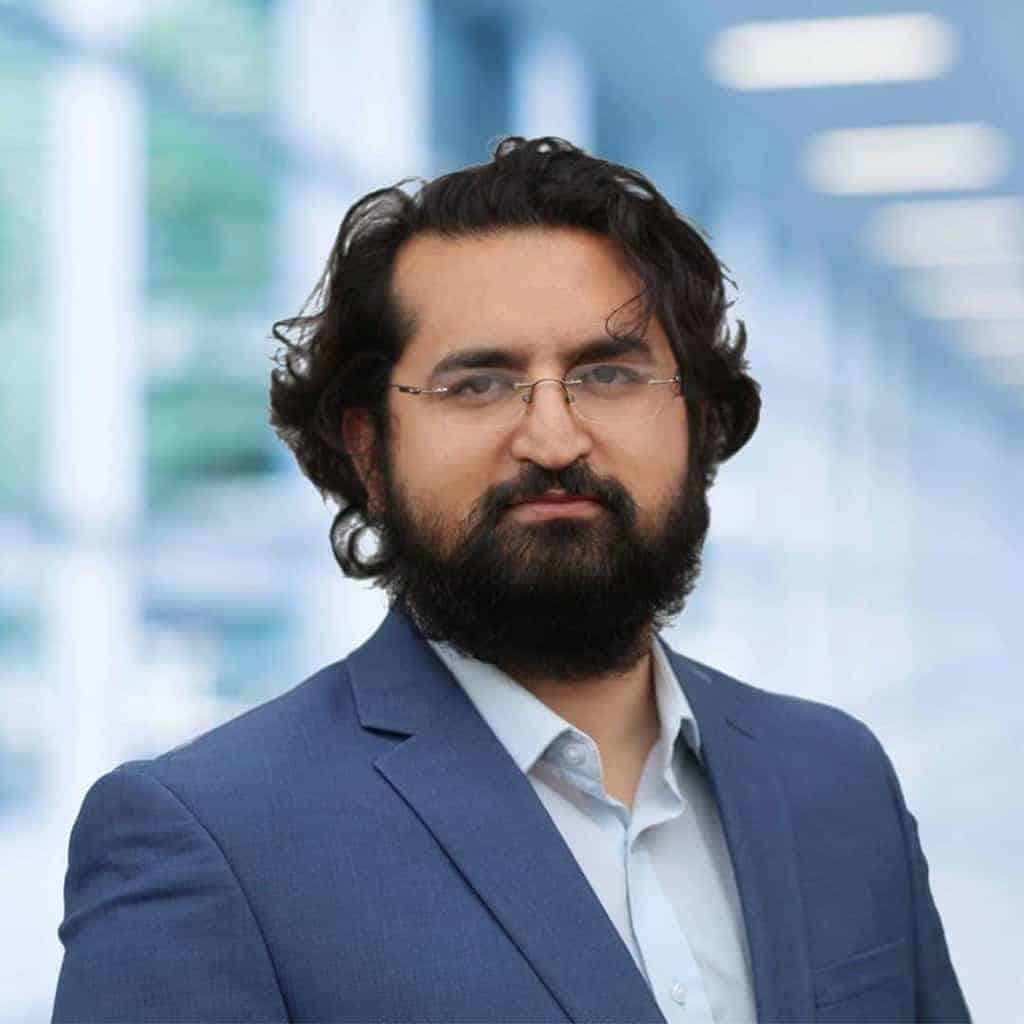Master's Degree & Postgraduate Diploma in the UK

A master’s degree (MD, MS or MCh, MSc, MPhil etc.) and postgraduate diploma in the UK or abroad can help you to pursue a career in medicine (i.e. as a doctor) or pursue an alternative in another aspect like research or academics. There is a whole range of specialisms within the area of medicine and healthcare, which can be surgical, clinical or related to a specific area of illness or disease.
How can I do an MD/MS degree in the UK?
What about a postgraduate diploma or Master of Science (MSc) degree?
How much it can cost?
I heard I can do it without PLAB?
Do I need to appear in IELTS/OET?
Postgraduate degree vs Postgraduate training
This is a confusion for many, and it needs to be cleared first.
Types of master’s degree
Broadly MD/MS i.e master’s in the UK can be divided into two groups:
- Taught
- Research
Taught Master’s
Taught Master’s degrees will usually take a very similar format to your undergraduate degree (Bachelor’s degree like MBBS). They will consist of a set of modules in each term – some core, some optional – taught via seminars, lectures, or lab sessions. It may include continuous assessment, examinations, and the final assessment for a master’s degree is often based on the submission of a dissertation.
Examples include the Master of Science/ Clinical Masters (MSc), Doctor of Medicine (MD) as well as shorter Postgraduate Diplomas in various subjects.
Research Master’s
Research master’s degrees, on the other hand, are much more independent. They have very little or no timetabled hours, instead involving one or more extended research projects which you yourself will bring to fruition. You will be paired with a specialized supervisor who will guide you throughout your degree while you undertake your work.
Examples include the Research Master’s (MRes) and Master of Philosophy (MPhil) in various subjects.
Where does a Master’s Degree stand in my career?
A master’s degree is an academic addition after your undergraduate degree which was probably your primary medical qualification (e.g. MBBS). It can be a 1 year or 2 year, full-time or part-time course/program in the UK under different universities. It adds to your CV an extra academic degree which shows your keen interest in that field. Also, a successful degree makes you more knowledgeable and helps you to pursue further in your career as a doctor or find an alternative career like medical research or PhD in that field.
One thing needs to be clarified.
This postgraduate master’s degree is NOT an alternative to your training in a specific field. Training is a long winding road, and truth be told there is no shortcut in it. A postgraduate qualification like a master’s degree or a PhD may not only help your career in the UK, but also it can give you a boost in your career back home.
How does a Master’s degree help in my career in the UK?
A postgraduate degree adds points to your core/specialty training application.
And other than this, as mentioned earlier, it shows your enthusiasm about that field and helps your CV in the interviews for your desired specialty training.
To know further about the training structure in the UK, read Overview of Specialty (or GP) training in the UK.
How can a Master’s degree (MD/MS) in the UK help in my home country?
Medical education is generally monitored by the respective medical councils of the respective countries. Now it depends on your country’s medical council whether your master’s degree (MD/MS) or PG diploma obtained in the UK will be accepted or not. If it is accepted, then depending on the laws of the land, it can help you in your career back home.
Bangladesh
As for Bangladesh, the following post graduate degrees are accepted from different universities of the United Kingdom.
- Doctor of Medicine (MD)
- Doctor of Philosophy (PhD)
- Master of Surgery (MS)
- Master of Science (MSc)
- Master of Philosophy (MPhil)
- Diploma in-
- Public Health
- Psychiatric medicine
- Ophthalmology
- Laryngology and Otology
- Industrial Hygiene
- Pathology
- Bacteriology
- Ophthalmic medicine & Surgery
- Medical radiodiagnosis
- Medical radiotherapy
- Child health
- Physical medicine
- Tropical Public health
- Anaesthesia
But, if your degree is not in this list, that doesn’t mean it is the end of the story. You can make application to get it approved. Please read the laws here.
India
Medical Council of India (MCI) has a long list of recognized medical qualifications. All can be found in the links below.
Pakistan
Pakistan Medical And Dental Council (PMDC) recognizes the following postgraduate qualifications awarded in the United Kingdom.
As I mentioned, all of these medical councils have their own lists, but they do allow for an option to accept qualifications which aren’t listed by submitting the proper application and presenting the required proof.
As for other countries, I suggest contacting your own medical council to gather more information about the postgraduate qualifications obtained abroad.
Funding for the master’s degree
This is the most important part of postgraduate master’s degree. As I’ve mentioned earlier, there is a misconception between a master’s degree and specialty training; they ARE NOT similar or equivalent. Quite often, the question arises- how much does specialty training cost? Nothing. On the contrary, you are paid, and paid well at that. With regard to courses for master’s degree, however, there is a hefty price.
For example, a 2 year full time Clinical MD course in General Internal Medicine from the University of Buckingham costs £58,140. A one year MPhil in areas of medicine from the University of Dundee costs £15,000-£27,000 (depending on the area of research). (Source: postgrad.com)
If you are able to cover these costs, well and good, but there are also options for scholarships and bursaries. Broadly, the scholarships can be classified in two categories:
- Scholarship by an organization
- Scholarship by an individual
Scholarship by Organization
First of all, the university that you’re applying to may have scholarships which you may be eligible for. So that needs googling and contacting the appropriate authorities.
There are dedicated organizations like:
- Commonwealth Scholarship and Fellowship Plan (CSFP)
- Erasmus Mundus
To obtain such a scholarship, you may need to fulfill some criteria and gather relevant documents which can also be found by searching in the internet or asking in the relevant groups in the social media.
There are organisations which may help you find a scholarship. Read more about Trialect here.
Scholarship by an individual
It will involve you convincing the professor of that department in that university where you want to do the master’s. You are more likely to get scholarships in research master’s this way than taught master’s.
Other than this, for this Master’s degree or diploma you will be awarded a Tier 4 student visa, in which you can work for limited hours per week and also later you can switch to the health and care visa when you made yourself eligible to get a job.
Entry Requirements
I have seen some catchy clickbaits like ‘MD without PLAB’, ‘UK master’s without PLAB’. As the courses cost a lot, naturally there is a lot of business associated with it. To be very clear, the entry requirements for a master’s degree varies from university to university, department to department, course to course. There is NO UNIVERSAL entry requirements for a master’s degree. In broad categories the requirements MAY ask for:
- Acceptable undergraduate degree.
- Completion of internship.
- English language proficiency: The band or required score varies a lot depending on the course.
- Reference letters
- LORs
- Interview
As for PLAB, it is NOT a requirement in any of the master’s degree until and unless your research or course involves patient interaction like performing practical procedures on real patients. So in “MD without PLAB” (thus GMC registration) you WILL NOT be allowed to do so, rather you would just observe.
Where can I find these courses?
Internet.
Yes, as the courses are awarded by independent organizations like universities, there is hardly one single site where you will find everything. But notables ones are PostGrad and finadamasters. You can come across many more websites, but be sure to communicate with the varsity email every step of the way if you are interested about any course. Be vigilant about scammers.
Is it worth it?
Now that question can not be answered as the ‘worth’ of higher education can not be measured objectively like that. But,
- Is it ‘necessary’ for your training in the UK- No.
- Is it ‘mandatory’ to have a master’s degree for a doctor in the UK- No.
- Will it help in my career back in my home country – Depends on the laws and regulations of your country.
At the end of the day, it’s your choice.
I hope I’ve covered almost everything related to the postgraduate master’s and diploma in the UK for a doctor. There should be no misconception about these and specialty training in the UK by now. Where the master’s can improve your academic knowledge in a specific field, the training is where you learn to implement all your knowledge.
Frequently Asked Questions
Is a Master’s degree required to be a specialist in the UK?
No. An MD/MS is not a requirement to join or complete specialty training in the UK
Will having a Master’s degree give me an advantage after having GMC registration to get a non-training job?
Having a master’s degree enriches your CV and do give you an edge over other applicants but spending all that amount to have this edge is not practical. If you really want to have this master’s go for it, but don’t take it just to have an competitive edge.
If I want to do an MSc first and then take PLAB, will it be a good idea?
A lot of doctors do that. But remember if you come to do an MSc in the UK, you will be in a student visa and if you complete PLAB and get GMC registration and get a job, you will have to change visa and apply for the health and care visa, for which you may have to leave the UK.
Is an MD/MS equal to “core training”?
Absolutely not. These are two completely separate pathway in a doctor’s education and training. Please see this video again to have a clearer idea.

